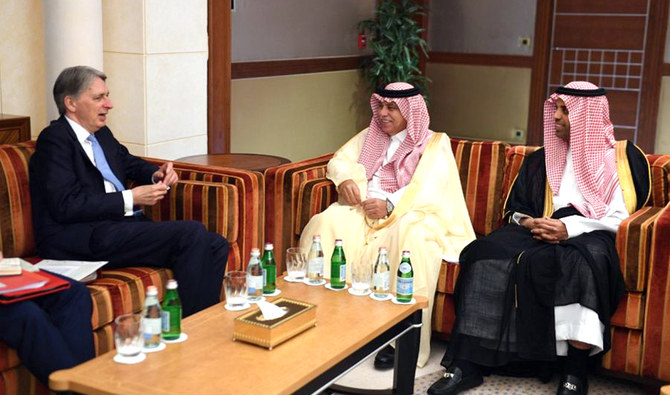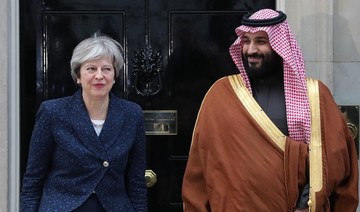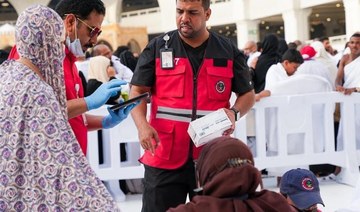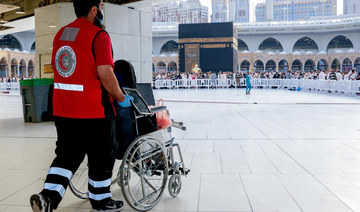JEDDAH: The UK-Saudi Strategic Partnership Council held the first meeting of its Economic and Social Committee on Sunday at the Ritz-Carlton Jeddah hotel. The meeting was attended by Saudi Minister of Commerce and Investment Majid bin Abdullah Al-Qassabi and British Chancellor of the Exchequer Philip Hammond.
A joint statement was issued at the end of the meeting emphasizing the UK’s continued commitment to supporting the implementation of Vision 2030, the Saudi program for economic diversity and social development.
The statement acknowledged the significant economic progress achieved since the launch of Vision 2030 in 2016, and that both countries have worked to support the development of the skills and competencies of Saudi citizens.
The statement stressed that the two countries are key strategic partners in Vision 2030, and both countries reaffirmed their commitment to building and developing trade and investment as well as achieving shared prosperity for the citizens of both kingdoms.
The statement said the UK’s appointment of Sir Ken Costa as the special envoy to Vision 2030, and Sir Anthony Seldon as the special envoy for education to the reform plan, reinforces the importance the UK attaches to the development of bilateral ties.
The goal is to support bridges of communication between the peoples of the two countries and provide opportunities for closer economic and social cooperation.
The statement stressed the commitment of Saudi Arabia and the UK to a long-term partnership to support the implementation of Vision 2030 in the areas identified as part of the strategic partnership. This comprises the assessment of joint investment opportunities, including the UK Public Investment Fund (PIF), bilateral trade and investment that achieves Vision 2030.
The statement said the volume of bilateral trade between the two countries exceeds $5 billion per year.
The meeting discussed ways to further enhance cooperation, including the promotion of mutual exports and the attraction of direct domestic investments.
Saudi priority sectors for investment were discussed, and further work will identify additional areas for new strategic investment partnerships. The two sides also discussed investment permits given to British companies, which are estimated to invest more than $10 billion in capital.
The committee discussed the work of the private sector groups established in March 2018 to facilitate business-to-business relations, which contribute to the achievement of Vision 2030. The groups will meet in Riyadh and London at the end of this year to continue their work. The two sides expressed their appreciation for the high-level business leaders heading these groups.
The meeting reviewed the direct and indirect investment of the PIF in infrastructure, technology and logistics. The PIF will continue to work with the Department for International Trade to identify the strategic investment partners and the most important investment opportunities. The increase in the PIF’s participation will contribute to the advancement of opportunities in this field.




























